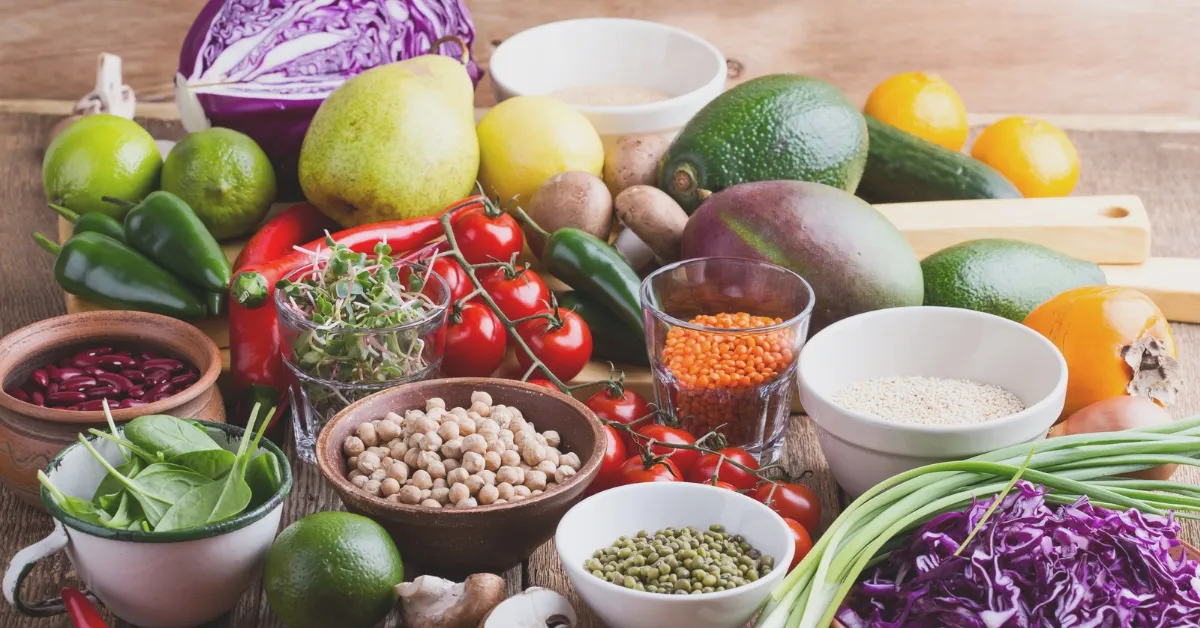As parents, ensuring your child receives the right nutrition for healthy growth can feel like a daunting task, especially when introducing new foods. Plant-based foods are gaining popularity for their numerous health benefits, but knowing how to incorporate them safely into your child’s diet is key. This guide will explore plant-based food options, including water plant foods, their advantages, and the steps to seamlessly integrate them into your child’s meals. We’ll also address common concerns parents may have and offer professional advice from a dentist’s perspective on maintaining oral health while embracing plant-based nutrition.
Water Plant Foods and Safer Alternatives
Water plant foods, such as seaweed, watercress, and spirulina, are rich in vitamins, minerals, and antioxidants. However, many parents worry about safety, as some water-sourced foods may contain contaminants like heavy metals. Luckily, there are safer alternatives to consider, including sustainably sourced seaweed or algae products, organic watercress, and carefully sourced spirulina powder.
Safer alternatives
• Organic seaweed snacks: Make sure they’re harvested from clean, monitored waters.
• Watercress: Available fresh from reputable sources or as a dried powder.
• Spirulina: Opt for certified organic or lab-grown varieties free from contaminants.
These alternatives ensure your child gets the benefits of water plant foods without the risk of harmful substances.
How to Incorporate Water Plant Foods into Your Child’s Diet:
1. Smoothies and Drinks: Blend a small amount of spirulina or watercress powder into smoothies or juices. This masks the taste while giving a nutritious boost.
2. Snacks: Use baked seaweed snacks or add them to their lunchbox. These are tasty, crunchy, and rich in iodine, supporting healthy thyroid function.
3. Soups and Stews: Watercress can be added to soups or stews, providing extra vitamins A and C, calcium, and iron.
4. Plant-Based Supplements: If you’re concerned about taste or consistency, consider plant-based multivitamin supplements derived from water plants to ensure a balanced intake.
Advantages of Plant-Based Foods for Children:
Plant-based foods offer numerous benefits, including:
• Rich in Nutrients: Many plant-based foods are packed with essential nutrients like fiber, vitamins, and antioxidants that promote overall health and well-being.
• Supports Digestive Health: Plant-based diets often lead to better digestion due to their high fiber content.
• Weight Management: Plant foods are often lower in calories and fats, promoting a healthy weight.
• Sustainable: By choosing plant-based foods, you’re helping to instill values of environmental responsibility in your child.
Pros and Cons of Introducing Plant-Based Foods:
Pros:
• Diverse Nutritional Benefits: Provides a variety of vitamins and minerals that are essential for growth.
• Lower Risk of Chronic Diseases: Studies show that children on a plant-based diet may have a reduced risk of developing conditions such as heart disease and diabetes later in life.
• Encourages Healthy Eating Habits: Introducing these foods early on can help children develop a taste for healthy options.
Cons:
• Nutrient Gaps: Without proper planning, children may miss out on essential nutrients like vitamin B12, iron, or calcium, commonly found in animal products.
• Picky Eating: Some children may resist new flavors or textures, making the transition challenging.
• Oral Health Concerns: High-fiber diets can sometimes be harder to clean from the teeth, potentially increasing the risk of plaque buildup if proper oral hygiene isn’t maintained.
Doctor’s Perspective
As a dentist, I always encourage parents to be mindful of their child’s oral health when making dietary changes. Plant-based diets, especially those rich in fibrous foods, can be excellent for overall health, but they may introduce new challenges for dental hygiene. Foods like seaweed or watercress can leave residue on the teeth, and high-acid plant foods like citrus can erode enamel over time.
To counter these issues
• Ensure your child brushes thoroughly twice a day, particularly after meals rich in fiber.
• Offer water after meals to help wash away food particles and maintain oral hydration.
• Consider using fluoride toothpaste to strengthen their enamel and prevent decay.
Ultimately, a balanced, plant-based diet can significantly contribute to your child’s overall development, but it’s important to keep dental care a priority. I advise parents to consult both a pediatrician and a dentist when introducing significant dietary changes to ensure their child’s health is supported holistically.
Conclusion
Introducing plant-based foods, including water plant varieties, into your child’s diet offers numerous health benefits, from better digestion to a wealth of essential nutrients. By choosing safer alternatives and gradually incorporating these foods, you can create a balanced, nutritious diet that supports both physical and oral health. Remember, with the right approach and attention to dental care, you can raise a healthy, happy child who thrives on a plant-based diet!








